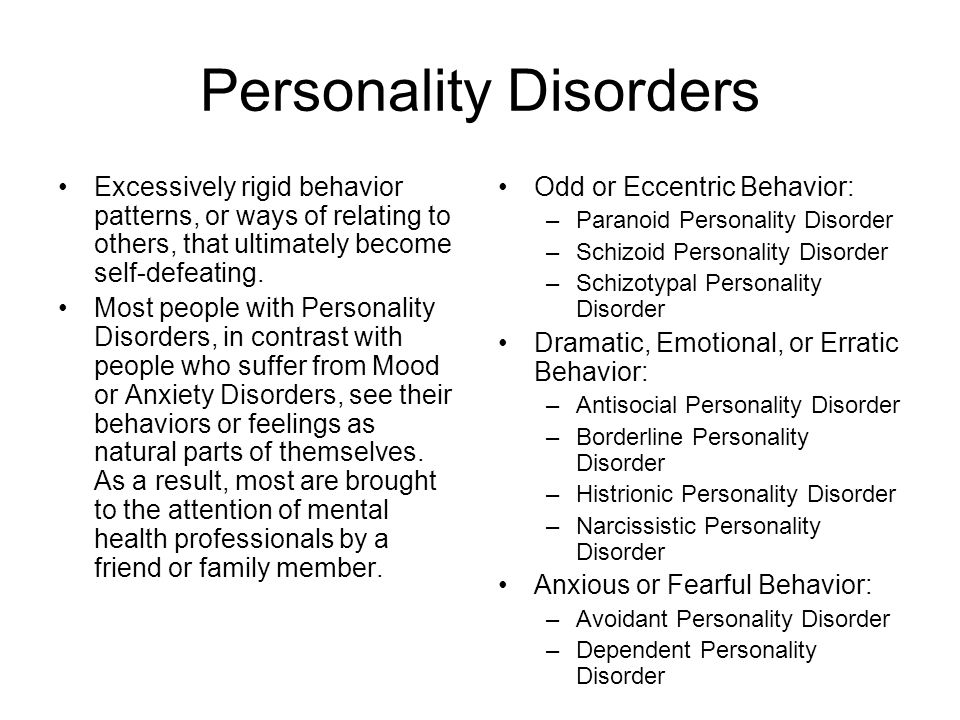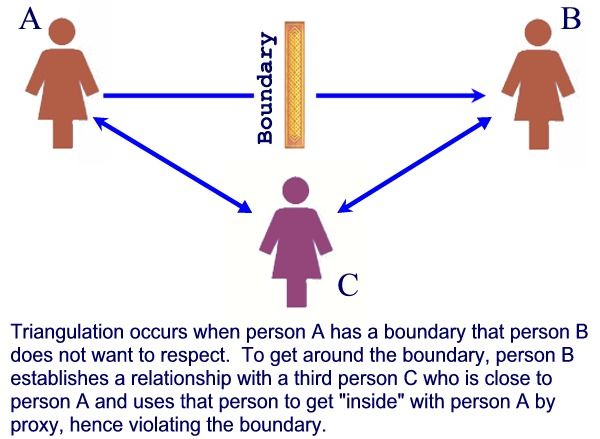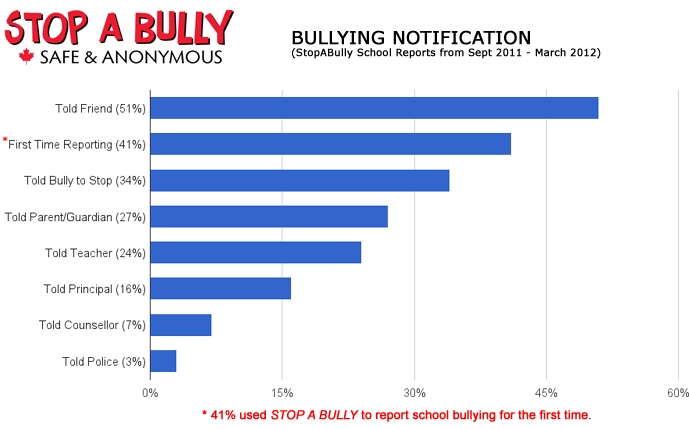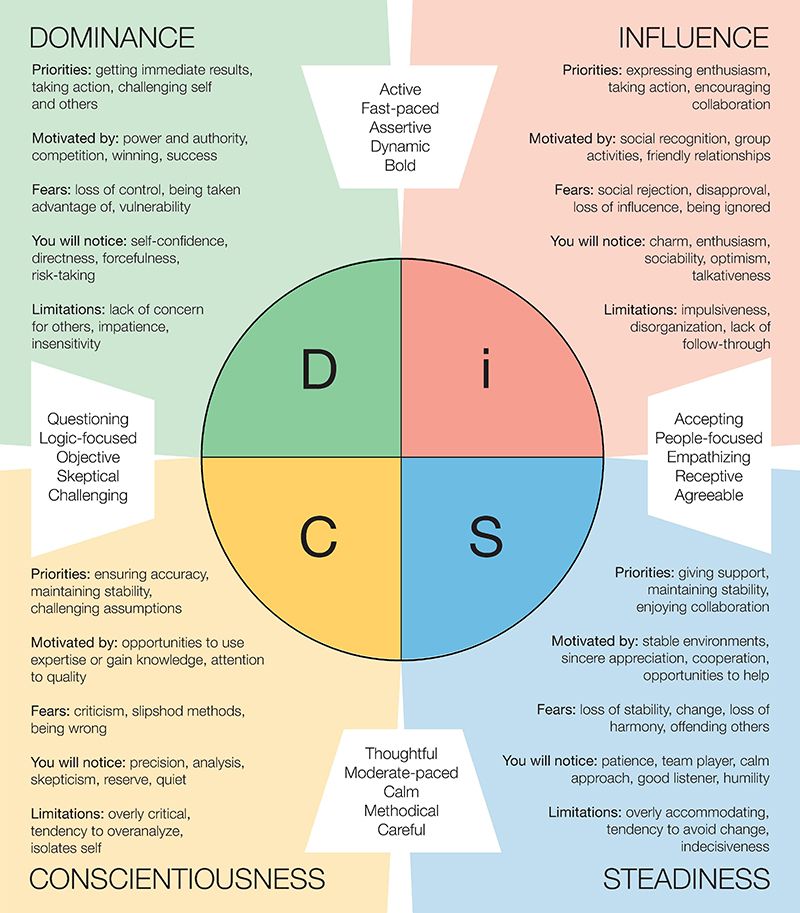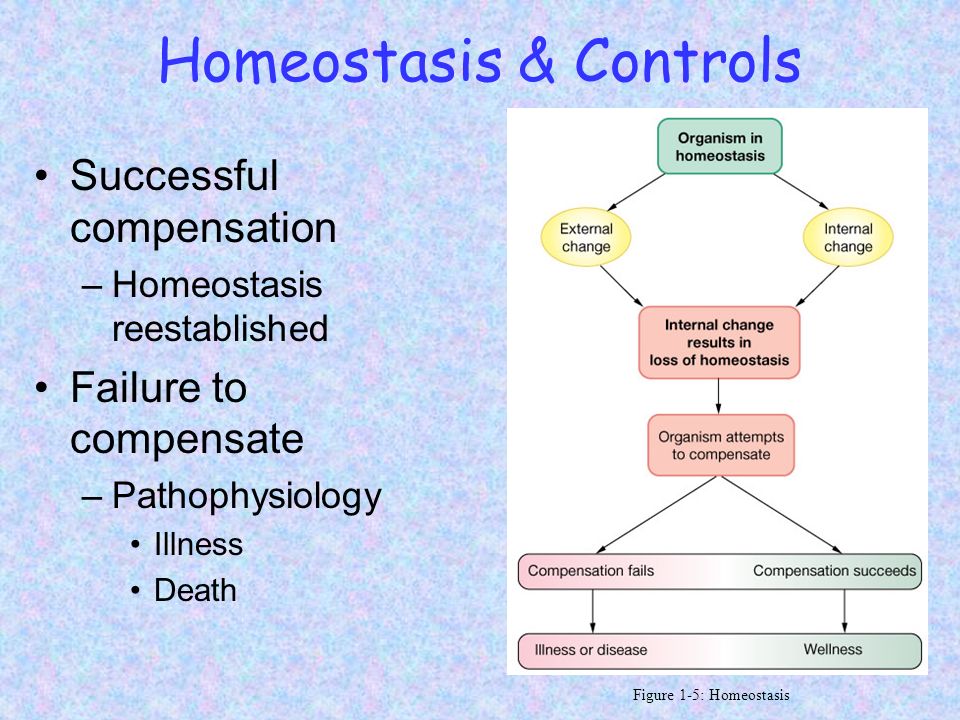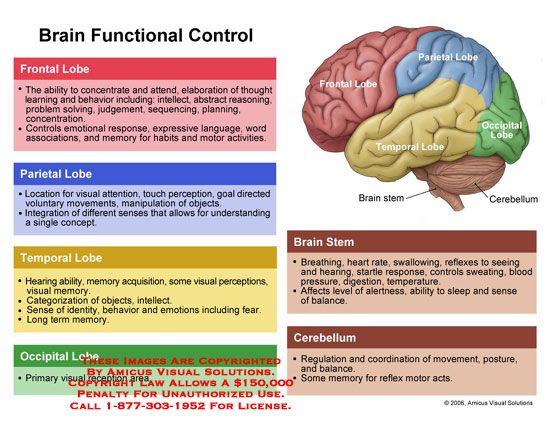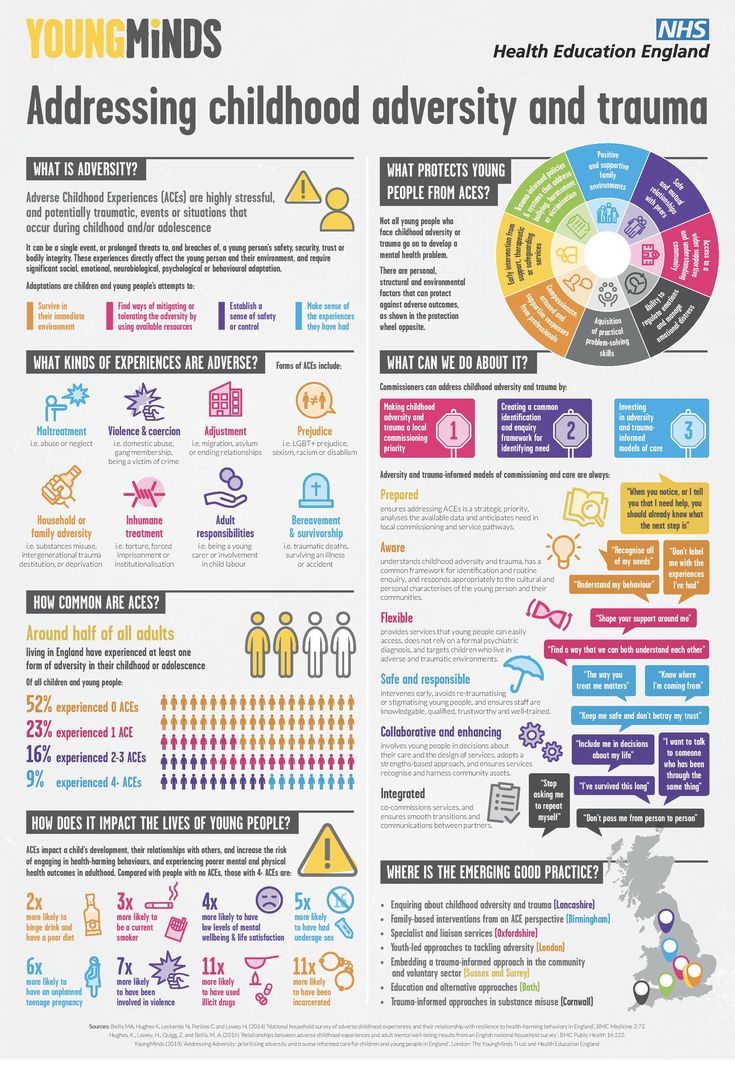Narcissistic family member how to deal with
How to Deal With a Narcissistic Family Member & How To Recognize One
An estimated 5% of the U.S population may have narcissistic personality disorder (NPD), which means over 16 million people might experience the condition. With that many people experiencing NPD, there is a fairly high probability you know someone who is severely narcissistic. When confronted with toxic narcissism, removing yourself from the relationship is often the best course of action. But what can you do when that person is a family member?
- How to Recognize a Narcissist
- How to Deal With a Narcissistic Family Member
- Avoid Direct Confrontation
- Don’t Accept Harmful Behaviors
- Focus on Choices
- Set Limits
- Get Support and Professional Counseling
Below, we’ll help you deal with a narcissistic family member by explaining how to recognize a true narcissist and the steps to take to protect your own mental health. Keep reading for practical tips for interacting with a loved one who has NPD without sacrificing your well-being or your familial ties.
How to Recognize a Narcissist
Narcissism is far more complex than mere vanity or selfish tendencies. True narcissism is a diagnosable personality disorder known as narcissistic personality disorder. NPD is described by the Diagnostic and Statistical Manual of Mental Disorders (DSM) as a pattern of grandiosity, the need for admiration and a lack of empathy. An individual with NPD is fixated on their own uniqueness, self-importance and sense of entitlement.
Essentially, narcissism is characterized by a lack of empathy or desire to genuinely understand others’ needs. Someone with NPD is often solely concerned with themselves and their needs, unable to properly process or engage with the world around them. Instead, a narcissist operates as though everything they embody — their needs, ideas, accomplishments, problems and more — are a higher priority than anyone else’s.
The sense of entitlement someone with NPD has can be so extreme, they expect unreasonable special treatment and will do whatever it takes to be the center of everyone’s universe — for better or for worse.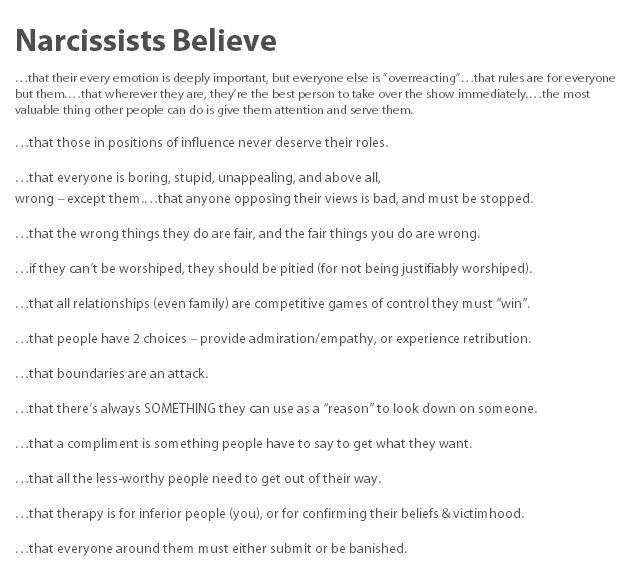 This need to be the center of attention and lack of awareness for others’ emotions often leads to toxic behavior.
This need to be the center of attention and lack of awareness for others’ emotions often leads to toxic behavior.
While the symptoms of NPD may take many forms, they are linked by entitlement, self-importance and a disregard for the needs and feelings of others. Here are some of the main signs of NPD to look out for:
- Preoccupied with self: Someone with NPD can be consumed with disproportionate senses of self-concern, self-centeredness and self-consciousness. Their strong feelings of entitlement may lead them to expect constant attention and admiration from others.
- Unrealistic expectations: The expectations of constant attention and admiration are paired with more unrealistic expectations that others will instantly comply with all their wishes without question. A narcissist’s entitlement can make them think they deserve special accommodations and favors.
- Dehumanizing others:
Those with NPD might interact with people based on whether they believe that person can offer something beneficial to them, such as social status, a job or emotional fulfillment.
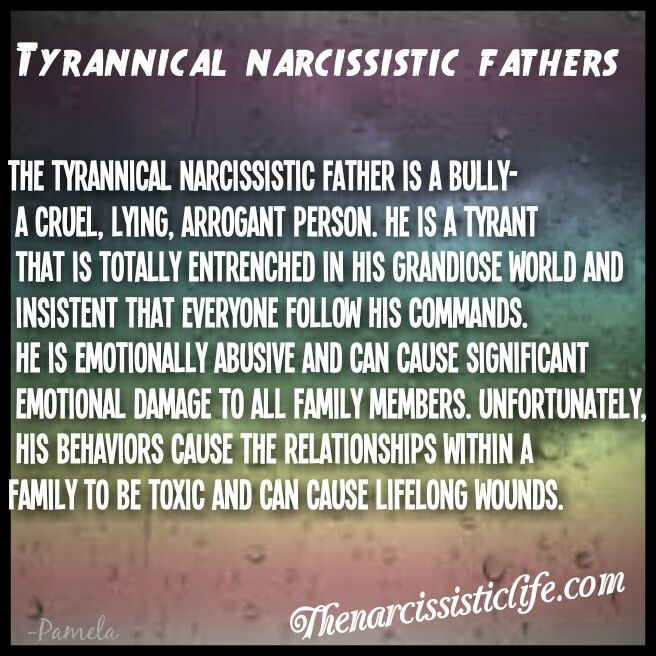 If a narcissist determines that person has failed them, they will most often devalue or discard them. In this way, narcissists view people as means rather than individuals.
If a narcissist determines that person has failed them, they will most often devalue or discard them. In this way, narcissists view people as means rather than individuals. - Lack of empathy: Narcissists often lack empathy as a result of dehumanizing others. Someone with NPD might not attempt to understand the perspective or feelings of anyone besides themselves, resulting in a lack of compassion and remorse for any wrongdoings.
- Obsession with appearances: Narcissists can be fixated with beauty and other aspects of their appearance to others, such as wealth, fame, success and reputation. A narcissist commonly fantasizes about great success, power and beauty.
- Pride: Being obsessed with appearances can cultivate a prideful personality. A narcissist might come off as vain or immodest as a result of their pride.
- Exaggeration: To boost their appearance and importance, an individual with NPD might exaggerate their skills and accomplishments.
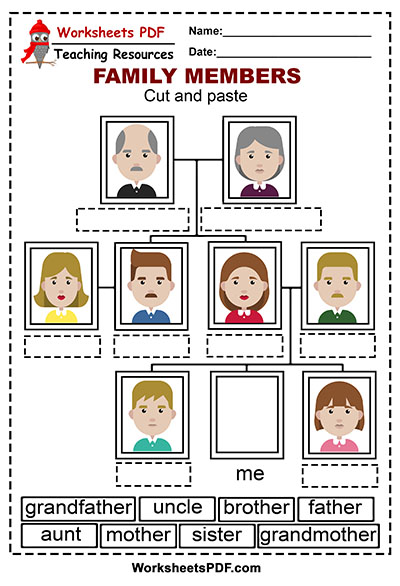
- Inability to accept criticism: Because a narcissist has a sense of pride and a high view of themselves, they are often sensitive to negative feedback and criticism, even if it is constructive. A narcissist can become defensive or angry at even the slightest criticism, making it challenging to call them out for their problematic patterns of behavior.
- Envy: A person with NPD needs to constantly feel like the most successful and powerful person in the room. If they feel as though someone else is outshining them, they can quickly become jealous and may try to knock the other person down. Due to sibling rivalries, envy is one of the most common narcissistic sibling characteristics.
- Mood swings: Someone with NPD is often psychologically fragile and might struggle to regulate their emotions. This inability to properly balance their feelings can result in aggressive impulses, verbal assaults and manipulation.
- Broken or strained relationships: Narcissists tend to have difficulties within their relationships because loved ones may not tolerate put-downs, contempt and carelessness.
 Often, people reach a breaking point and have to cut ties with a narcissist.
Often, people reach a breaking point and have to cut ties with a narcissist. - Low self-esteem: Despite the outward appearance, those with NPD may not love themselves as they want others to believe they do. Feelings of superiority are usually rooted in a deep sense of insecurity. They typically express poor self-esteem via self-deprecation or arrogance, working hard to overcompensate for their lack of confidence.
- Need for approval: A narcissist’s lack of self-esteem drives them to actively seek validation from others. Whether the narcissist’s inadequacies are real or imagined, they experience a significant need for approval from other people.
It is important to remember that narcissistic qualities run along a spectrum. While we all can go through bouts of selfishness or self-consciousness, there is a difference between having a few narcissistic characteristics and having NPD. Those who feel they may be a narcissist most likely are not one because true narcissists lack the empathetic sort of self-reflection required to wonder whether they have a personality disorder.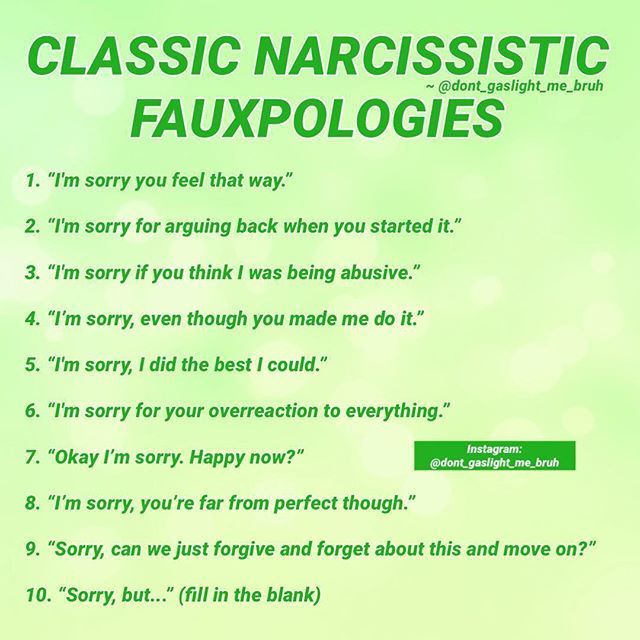
In the same way we should avoid self-diagnosing NPD, we should resist deeming others to be narcissists. Only a psychiatrist or qualified therapist should examine and diagnose anyone’s mental health and possible personality disorders. But we can identify the narcissistic traits we observe in others to try to avoid getting caught in a toxic relationship.
Book Online Our Therapists
How to Deal With a Narcissistic Family Member
Many times, cutting a person who displays severely narcissistic qualities out of your life is the most viable and effective way to prevent further emotional trauma or abuse. This decision may not be an option if you are related to or living with someone who has NPD. When leaving is not an option, you need a new set of strategies for dealing with a narcissistic family member.
Discover how to deal with a narcissist you can’t avoid with these tips:
1. Avoid Direct Confrontation
Because those with NPD are extremely sensitive to criticism, calling a true narcissist a narcissist typically backfires and worsens the situation.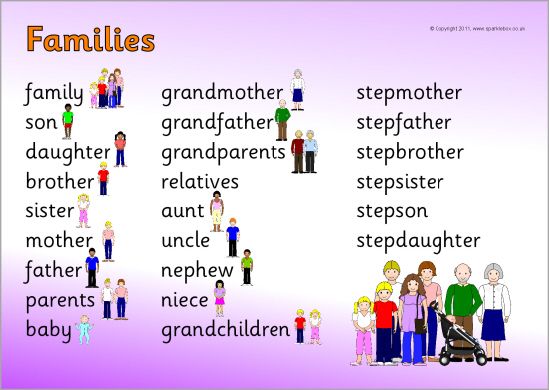 Regardless of any good intent behind the criticism or how constructive it is, those with NPD cannot reflect on their own behavior enough to see any truth behind the accusation. Instead, they typically become obsessed with proving you’re the one with a problem and demanding an apology.
Regardless of any good intent behind the criticism or how constructive it is, those with NPD cannot reflect on their own behavior enough to see any truth behind the accusation. Instead, they typically become obsessed with proving you’re the one with a problem and demanding an apology.
If you feel you have to address the issue, try to be smart about how you have the conversation. Someone with NPD will only be receptive to negative feedback delivered in small doses and laden with flattery. Instead of launching right into the discussion with your grievances against them, offer compliments first.
Specifically, try using the compliment sandwich approach, which involves both opening and closing the conversation with positive remarks about the person you’re talking with. For instance, begin by sharing what you love about them, then mention how they could change their behavior to improve your relationship. End with how confident you are they will be successful in making these changes.
2. Don’t Accept Harmful Behaviors
For the same reason it is typically futile to confront a narcissist, it’s unwise to argue with one. An argument with a narcissist can also quickly turn to verbal abuse due to their lack of empathy and interpersonal skills. Someone with NPD may even be able to manipulate you into believing you are the one with a problem by gaslighting you — a specific type of manipulation that involves getting someone to question their own reality.
Because those with NPD are concerned with themselves and tend to see themselves as the hero, they may attempt to blame you for their behaviors. They view themselves as victims because they refuse to recognize they may play a part in any problem. Continuing to argue with a narcissist will only reaffirm their preconception that you are the one attacking them. Instead, disengage from the conversation and do whatever you can to remove yourself from the situation.
If your toxic narcissistic family member becomes aggressive, abusive or emotionally manipulative, you must make it clear you will not accept that kind of behavior.
3. Focus on Choices
One key to dealing with a narcissist is focusing on choices, both yours and theirs. People with NPD often insist others treat them unfairly and don’t give them the respect they’re due. They fail to see how their own behaviors could impact the way others interact with them. When a narcissistic family member starts talking like this, simply remind them they have some choices in the situation. For example, remind them they can change how they act or who they choose to be around.
Keep in mind that you have choices, too. Even if you can’t completely eliminate contact with someone who has NPD, you can still take measures to protect yourself and make their behavior less harmful to you. You can choose to limit your time with them or make sure someone else is always around so you are never alone with them.
When restricting your contact with a narcissistic family member, clearly communicate your boundaries. Make sure they know you will break off contact if certain behaviors persist, and be specific about the circumstances and how you will respond. You can tell a narcissist you want to spend time with them, for instance, but if they make insulting comments about your career, you will have to leave the room. This technique puts the ball in their court by allowing them to choose whether or not to comply.
You can tell a narcissist you want to spend time with them, for instance, but if they make insulting comments about your career, you will have to leave the room. This technique puts the ball in their court by allowing them to choose whether or not to comply.
4. Set Limits
Unfortunately, those with NPD do not often have a sense of boundaries. They might resort to manipulating others to meet their needs. Although you cannot control the behaviors of a narcissist, you can control your own. Family members of a narcissist often become accustomed to enabling narcissists to avoid a fight. But you can refuse to participate in this cycle any longer by setting limits on what you will do.
You may stop allowing your narcissistic family member to speak to you disrespectfully anymore or quit agreeing with any disparaging words they share about others. You may also stop replying to texts so frequently or set a time limit on your phone conversations to avoid listening to rants.
Be prepared for the possibility that your narcissistic family member does not respect your boundaries.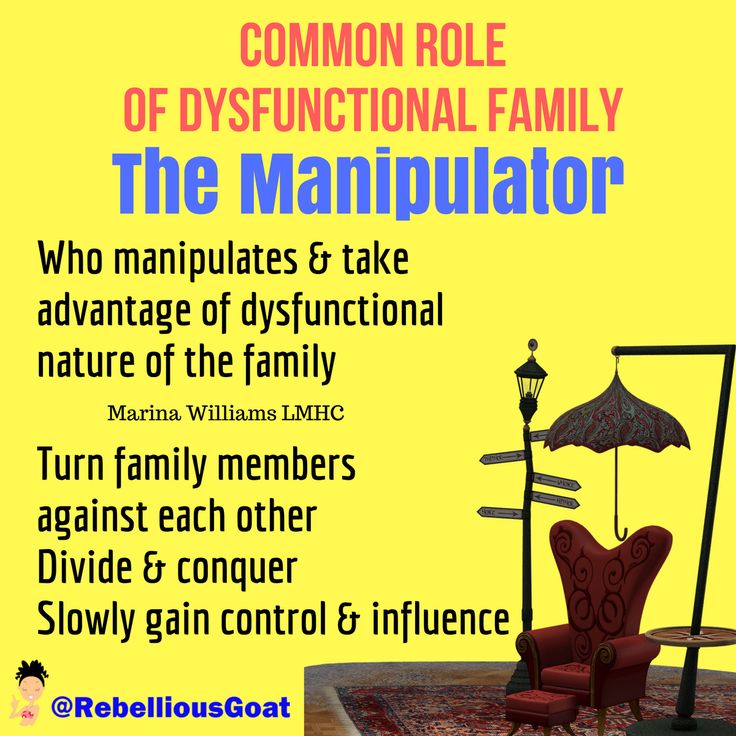 Those with NPD tend to view themselves as the most important person in the world. Despite your best efforts to reach a compromise, the only effective solution may be to cut off contact completely. If this is the case, there is no shame in cutting ties for the sake of your own mental health.
Those with NPD tend to view themselves as the most important person in the world. Despite your best efforts to reach a compromise, the only effective solution may be to cut off contact completely. If this is the case, there is no shame in cutting ties for the sake of your own mental health.
5. Get Support and Professional Counseling
When dealing with a toxic narcissistic family member, it’s essential to have a strong support system and receive counseling from a mental health professional. Dealing with a narcissistic loved one can feel lonely and induce low self-esteem due to all the insults, public humiliation and other forms of abuse. Try to be gentle with yourself and protect yourself from being gaslit into believing you’re the one at fault.
With the support of friends and professional counselors, you can gain perspective and learn you don’t need to be ashamed or embarrassed about your situation. Discussing what you’re going through with a counselor can help boost your confidence and help you decide on the best approach to interacting with your narcissistic family member.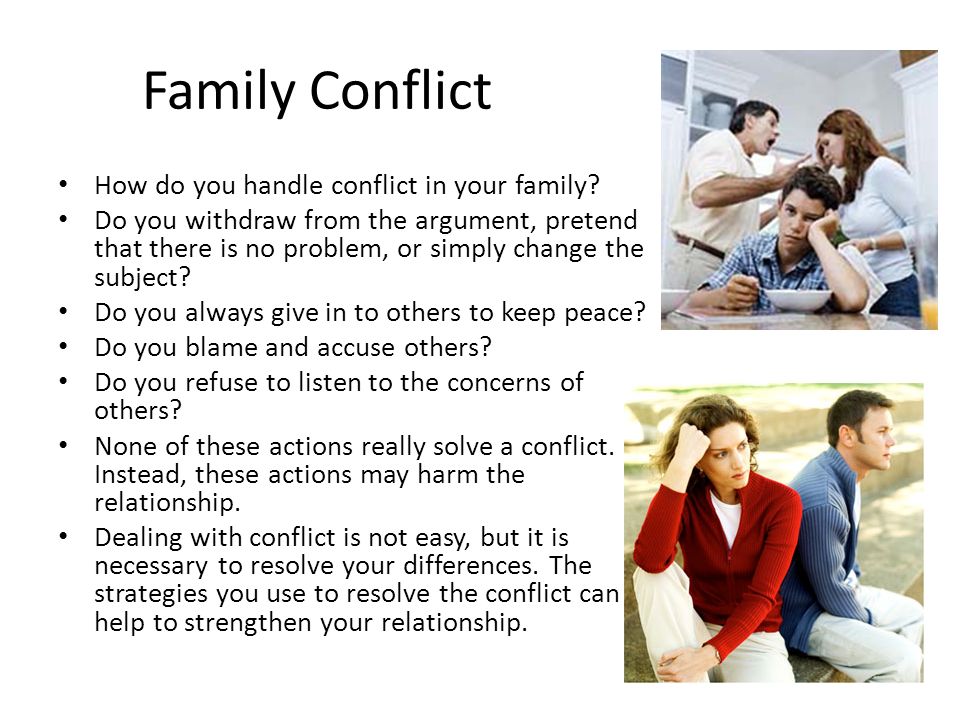
Whether you decide to cut ties or get the distance you need in another way, counseling can offer the resources you need to stop enabling a narcissistic family member while remaining connected as a family.
Related Articles & Resources:
- 10 Ways To Set Boundaries With Difficult Family Members
- Signs of Gaslighting and How to Respond
- When Is It Time To Ask For Help?
- Why Do I Attract Toxic People?
- Family Counseling
- Individual Counseling
Signs of Gaslighting and How to Respond
You may have heard the term gaslighting and wondered what it means. In this post, we’ll discuss what gaslighting is, how to spot it, and what you should do when you’ve experienced gaslighting.
What Is Gaslighting?
The term gaslighting originates from a 1944 film called “Gaslight,” where a married man deceives and manipulates his wife into believing she has a mental illness by slowly turning down the gas lights in their house and telling her she’s just imagining things.
In psychological terms, gaslighting is a form of manipulation where an abuser will cause the victim to doubt their sanity, memory or judgment. When this happens over time, the victim will start to rely less on their own perceptions and thoughts and more on their abuser.
Gaslighting doesn’t happen in solely intimate partnerships — it can occur in various circumstances, including at the doctor’s office or with a parent, employer or friend. Gaslighting can include someone saying things such as:
- That never happened.
- Your mother always comes up with these crazy ideas and puts them in your head.
- You’re being way too sensitive.
- Are you sure it happened that way? Your memory isn’t so great.
- You’re being so hysterical. You must be on your period.
- You’re talking nonsense. I don’t even understand what you’re saying.
People may engage in unconscious gaslighting as well. Some examples include:
- Automatically shutting down someone and telling them they’re wrong for having a differing opinion.
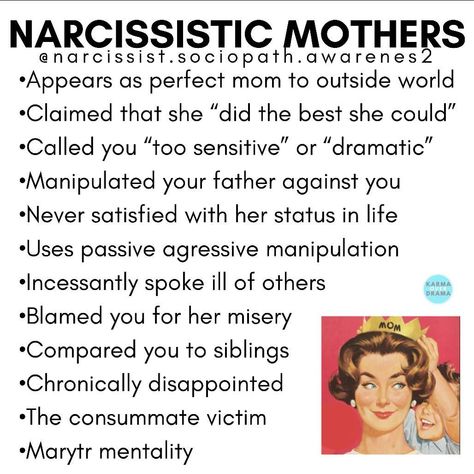
- Not seeing anything wrong with lying.
- Not believing fights are a big deal.
Warning Signs of Gaslighting
If you believe you’re being gaslighted, watch for the following signs of gaslighting:
- You feel like you’re losing your mind.
- You always feel confused.
- You feel like you’re always wrong.
- You feel isolated and alone.
- You believe people cannot be trusted, including close friends and relatives.
- You can’t trust yourself.
- You always have an excuse for your abuser.
- You wonder if you really are too sensitive.
- You don’t feel like yourself — you’re tired and unhappy.
How to Respond to Gaslighting
If you feel like you’re being gaslighted, you do not have to endure this psychological abuse. Subtle emotional abuse may be eroding your mental health, so it’s important to take steps to end the cycle.
Here are four things you can do to help yourself leave a toxic situation:
- Gather evidence: You need to confirm you are in touch with reality.
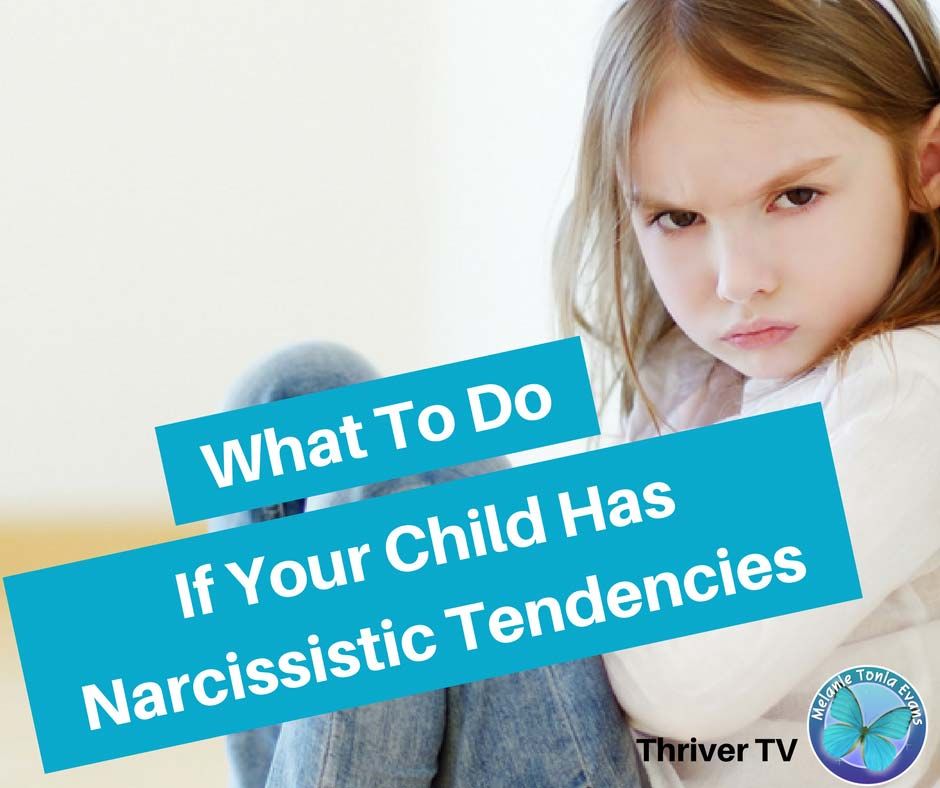 Take voice notes, keep a secret journal and take pictures of what’s going on in your life.
Take voice notes, keep a secret journal and take pictures of what’s going on in your life. - Reach out: You may have been isolated by this person, so reach out to a trusted individual such as a friend, relative or therapist.
- Practice self-care: Focus on what you enjoy, including hobbies, friends and pets. You can also find new affirmations to rebuild your self-esteem and trust.
- Develop a safety plan: If you feel like you are in danger, create a safety plan, which involves getting out of an abusive situation.
Get Help With Gaslighting at Taylor Counseling Group Today
Whether you are a victim of gaslighting or are gaslighting others or yourself, you don’t have to face this alone. If you want to learn more about how to deal with gaslighting, contact Taylor Counseling Group today and book an appointment with one of our counselors.
Related Articles & Resources
- How To Deal With A Narcissistic Family Member
- Moving on After a Toxic Relationship
- Individual Counseling
Narcissists: who they are, signs of narcissism, rules of conduct
The article was checked and commented by clinical psychologist and scientific researcher Christina Andreyuk.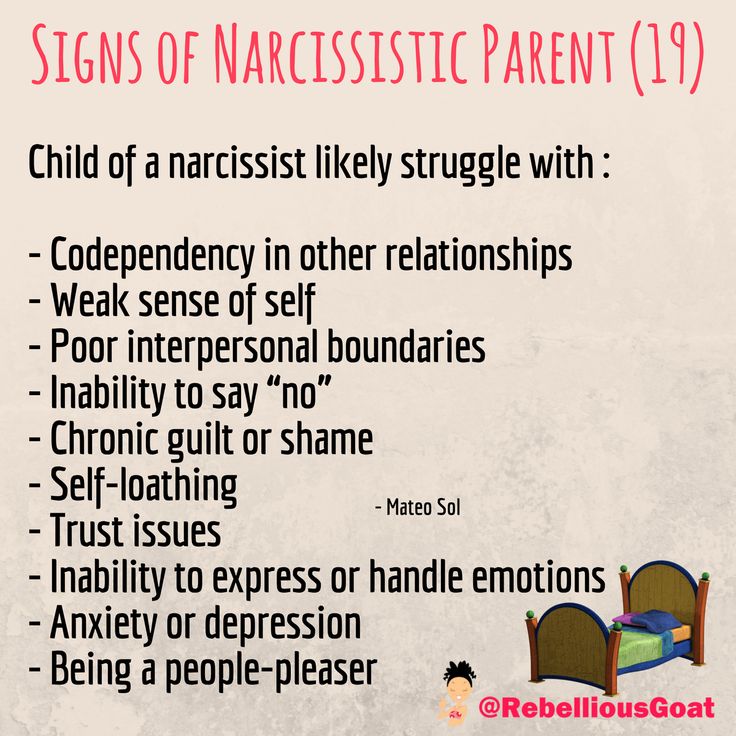
- Who is
- How to recognize
- Men and women
- Types
- Treatment
- How to communicate
- How to leave
Who is a narcissist?
Advertising on RBC www.adv.rbc.ru
Narcissism is a feature of the psyche in which a person perceives himself as a unique individual, considers himself better than others, which is not always true. In fact, these traits are present in the character of many people. In a healthy personality, they result in ambition and a desire to please. But under a certain scenario, laid down in childhood, such behavior can turn into a pathology, which is often accompanied by other diagnoses, such as bipolar disorder and depression.
Contrary to popular belief, people with narcissistic personality disorder do not like themselves very much. Rather, they admire their grandiose projection, which allows them to close gaps in their own self-esteem. Such protection allows narcissists to avoid deep feelings and self-doubt.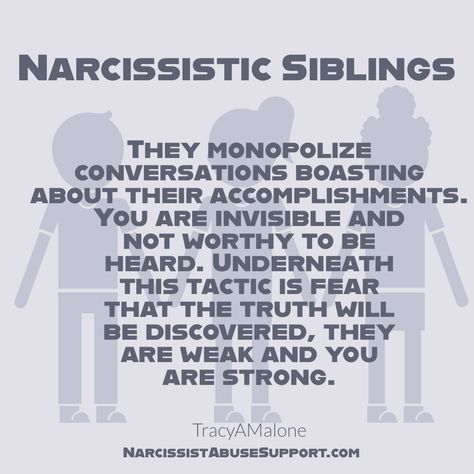 A person with this disorder does not tolerate minimal criticism, he perceives remarks as a personal insult and is able to throw a tantrum if someone refuses to admire him. You can check how narcissistic traits are characteristic of you or your partner using the NPI questionnaire [1]. The more positive answers a person gives to statements from the list compiled by American psychologists and researchers Robert Raskin and Howard Terry, the more narcissistic features appear in him. Meeting people with a true personality disorder is not easy. According to various sources, their number in society varies from 1 to 6%.
A person with this disorder does not tolerate minimal criticism, he perceives remarks as a personal insult and is able to throw a tantrum if someone refuses to admire him. You can check how narcissistic traits are characteristic of you or your partner using the NPI questionnaire [1]. The more positive answers a person gives to statements from the list compiled by American psychologists and researchers Robert Raskin and Howard Terry, the more narcissistic features appear in him. Meeting people with a true personality disorder is not easy. According to various sources, their number in society varies from 1 to 6%.
How to recognize a narcissist?
According to the American psychiatrists' handbook "Diagnostical and Statistical Manual of Mental Disorders" [2], there are nine signs of narcissistic personality disorder. If at least five of these are present, a doctor may suspect a disorder. Usually such a person:
- Has an inflated sense of self-importance. He often exaggerates his achievements and talents.
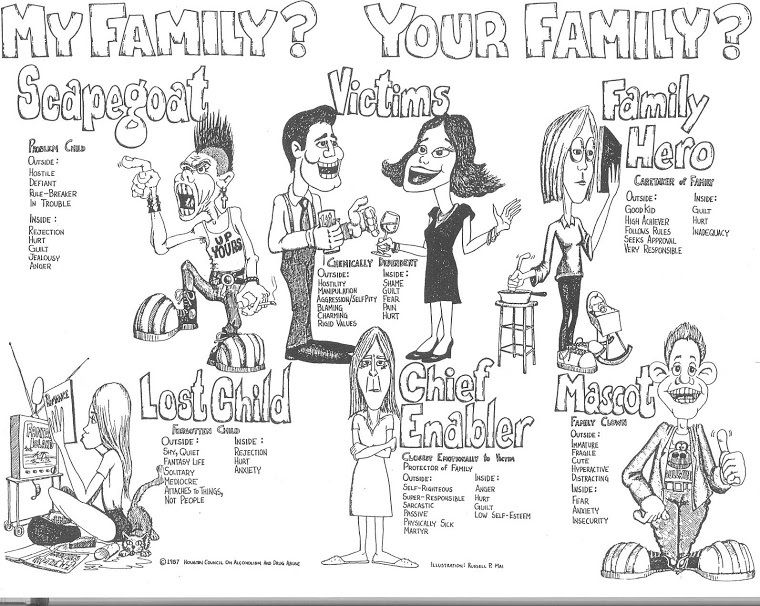 Expects people to admire his actions, even if they were minor. If the narcissist organized the cleaning of the yard, then at least the district newspaper should write about it.
Expects people to admire his actions, even if they were minor. If the narcissist organized the cleaning of the yard, then at least the district newspaper should write about it. - Preoccupied with fantasies of unlimited success, power, beauty, or ideal love. To each new partner, the narcissist can say that he is the love of his life or wait for him to fulfill his fantasies. The beginning of such a relationship is a magical, but short period. In work, the narcissist, according to him, is a genius. If he has not been able to achieve great results, he is simply sure that success lies ahead of him, even if it is time for him to retire.
- Believes that he is not like others and has few equals. Therefore, the environment must match. The narcissist chooses “special” people as friends and partners, for example, with high social status or model appearance. Thus, he seems to reflect himself through them, because his problems are unique and can only be understood by special people.
 Narcissists like to be associated with big brands, whether it be in their work projects or clothing choices.
Narcissists like to be associated with big brands, whether it be in their work projects or clothing choices. - Requires constant attention, recognition and admiration, even if you just took out the trash or cooked dinner.
- Absolutely sure that everyone owes him. Expectations for other people are usually very high. Close people are obliged to fulfill the requests of the narcissist at the first call.
- Uses other people to achieve his own goals. For him, it goes without saying. The narcissist is not used to sincerely thanking for services and does it only within the framework of the accepted ethical norm.
- It is difficult for him to experience empathy. Such people are not able to draw a parallel between their feelings and the feelings of others. Therefore, the narcissist does not even think about when he hurts someone. Very often, this behavior is mistaken for abuse by partners of narcissists. In fact, he may be concerned with how to hide the shame of his failure and not lose his greatness.
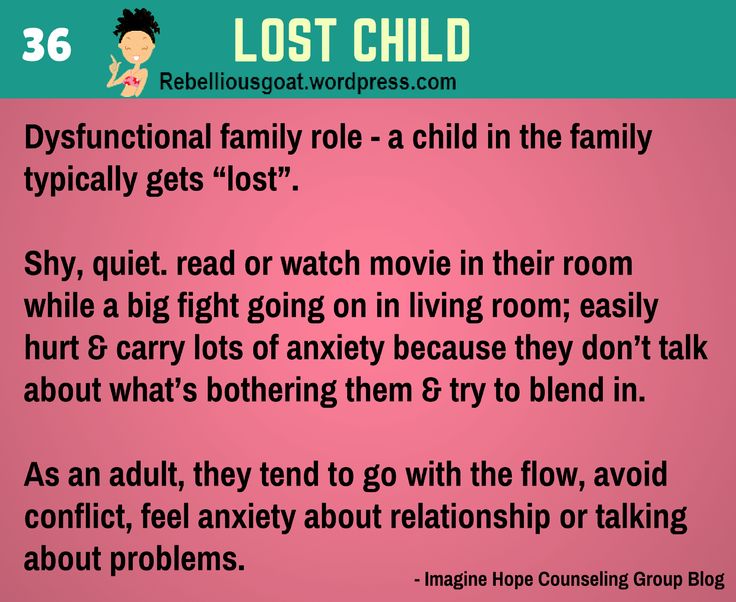
- Often jealous of others and believes that others envy him. In the latter case, it is by this circumstance that the narcissist explains the criticism of others in his address.
- Arrogant towards other people. Such a person absolutely sincerely believes that he is better than others, and other people's shortcomings are an excellent reason to assert himself.
To decide to end a relationship with a narcissist, write down the reasons for breaking up and keep the list with you
© Unsplash
Men and women are narcissists disorder in one form or another, men are more likely to be affected by this disorder than women. The data were collected over a period of 30 years, and the percentage ratio between the sexes did not change much during this time [3].
In doing so, the researchers noted two important points. First, male narcissists were more likely than females to exploit others and believe they were entitled to certain privileges. Secondly, men were more likely to seek power. Scientists explain this by the fact that until recently, leadership qualities did not meet the criteria for femininity. According to one of the authors of the study, Emily Griyalva, girls are more often criticized for aggressiveness and authoritarianism. Thus, society unconsciously suppressed manifestations of narcissistic behavior [4].
Secondly, men were more likely to seek power. Scientists explain this by the fact that until recently, leadership qualities did not meet the criteria for femininity. According to one of the authors of the study, Emily Griyalva, girls are more often criticized for aggressiveness and authoritarianism. Thus, society unconsciously suppressed manifestations of narcissistic behavior [4].
As regards vanity and striving for a bright self-presentation, in this respect there was no significant difference between men and women.
Types of narcissists and how they are formed
There are different approaches to the formation of narcissism, including studies that allow for genetic influence, but this is not a decisive factor in the formation of personality.
In 1914, Sigmund Freud stated that children somehow go through a stage of primary narcissism. He believed that this was an intermediate stage of growing up, but later he singled out other forms of narcissism, to a greater extent associated with mental disorders.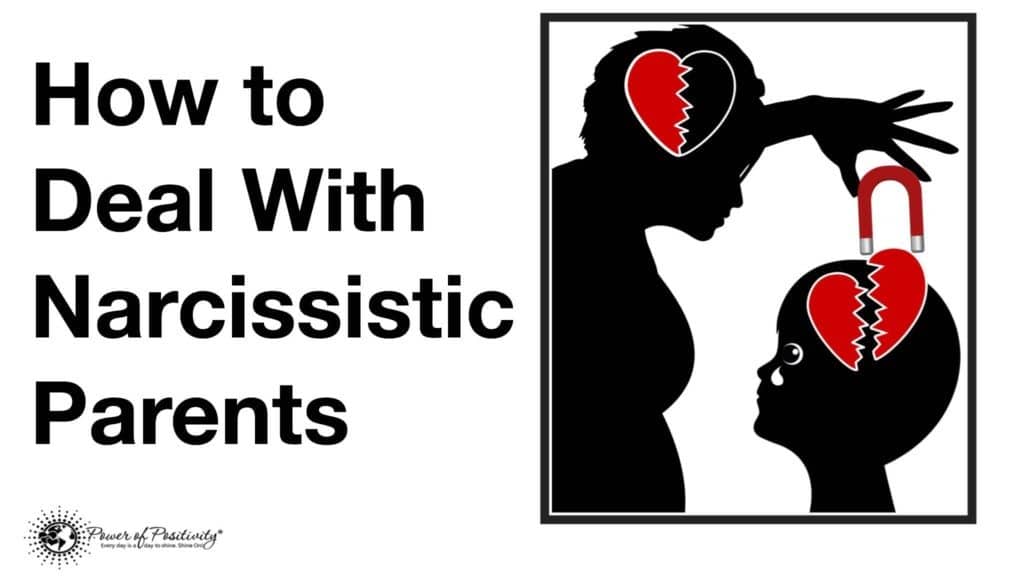
Neuro-Freudian Karen Horney argued that the development of such character traits may be due to the fact that parents in various ways pushed the child to create psychological protection. For example, they could delegate the embodiment of their ambitions or rejected the real manifestations of the child, instilling a sense of inferiority.
The contribution of parental figures to the formation of narcissistic disorder is also noted by psychotherapist and researcher Otto Kernberg. He compares narcissism with a false prop that a person erects in order to receive from others the admiration and confidence that he did not receive from his parents in childhood and cannot give himself in adulthood [5].
In the book of psychologist Elinor Greenberg "Borderline, Narcissistic, and Schizoid Adaptations: the pursuit of Love Admiration and Safety" [6], the author divides narcissists into three types:
- Open, or grandiose. Embodied stereotype. A bright character illustrating this feature of development and behavior.
 His whole being screams, "Look at me." This childish behavior indicates that a person is stuck at an age when adults pay a lot of attention to the child, praise him excessively, suggest that he is special, forgetting to teach him empathy.
His whole being screams, "Look at me." This childish behavior indicates that a person is stuck at an age when adults pay a lot of attention to the child, praise him excessively, suggest that he is special, forgetting to teach him empathy. - Hidden or depressive. Such people can grow up in families where one of the relatives, including mother or father, was a narcissist. At the same time, there was a high level of competition for love and attention. On the one hand, children copied the behavior model of narcissistic parents, on the other hand, such a child formed protective mechanisms, since an adult narcissist would certainly assert himself at his expense. Growing up, such people may not openly say that they are special. They would rather choose a person, a book, an object and exalt their virtues. Thus, the narcissist puts them on a par with himself. In personal relationships, such people do not like direct conflicts. Their weapon is passive aggression. A favorite technique is to promise and not deliver, and then blame the other person for everything.
 They tend to be insecure, and ambivalent behavior often leads them to depression.
They tend to be insecure, and ambivalent behavior often leads them to depression. - Perverse or toxic. Such people go even further. They love not only admiration, but also submission. Narcissists of this type love to wreak havoc around themselves, the same that reigned in their childhood in relationships with their parents. These narcissists often give their partners an emotional rollercoaster of humiliation and praise. They take pleasure in destroying other people's careers, destroying people morally and spiritually.
Mixed representatives of these types also exist.
Treatment for Narcissism
Most often, narcissists do not even suspect that something is wrong with them, because they do not tend to blame themselves for something. So if such people were seen by a specialist, then the reason for this could be related problems: depression, bipolar disorder, or excessive alcohol consumption. There is no cure for narcissism yet. Psychotherapy has a positive effect on such patients. Properly structured classes can help a person establish relationships with loved ones, learn to withstand criticism, stop despising themselves and others, set realistic goals and achieve them, and not dream of sky-high heights [7].
Psychotherapy has a positive effect on such patients. Properly structured classes can help a person establish relationships with loved ones, learn to withstand criticism, stop despising themselves and others, set realistic goals and achieve them, and not dream of sky-high heights [7].
Although there is no cure for narcissism yet, psychotherapy has a positive effect
© Thiago Matos / Pexels
How to communicate with a narcissist?
Building an even relationship with a narcissist is not always easy. Some prefer to just cut them off. But what if this is not possible? Let's say that person is a family member or ex-husband/wife with whom you have children in common.
- The first thing psychologists advise is to try to detach yourself emotionally. Ignore toxic statements and manipulations. It is useless to expect sudden changes in behavior from such people. According to research, narcissists do not tend to learn from their own mistakes simply because they are sure they did not make them [8].
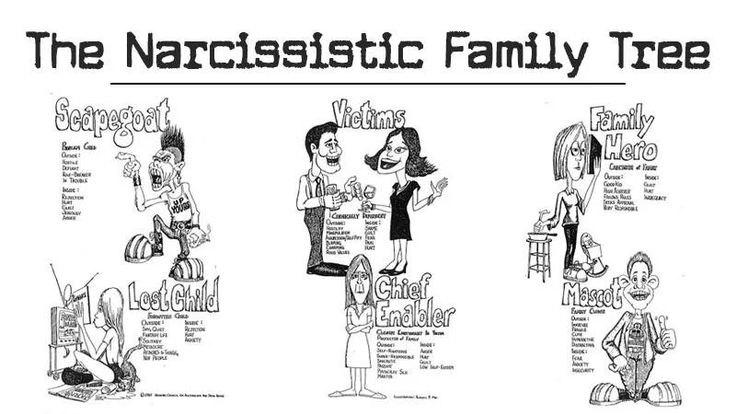
- Your personal boundaries are your guard against the actions of a narcissist. “This won’t happen to me anymore”, “I won’t fall for these manipulations” - phrases that will help to avoid an unpleasant conversation or intrusive requests of a narcissist. You can't wait for a response.
- The shortest possible answers, conditionally “yes” and “no”, are your main allies in a dialogue with such a person if he began to resort to manipulation. By minimizing communication, you give him much less reason to hook on to some phrase and launch an attack.
- Stick to the topic of conversation and don't get sidetracked. Perhaps your counterpart will try to knock you out of the saddle with accusations or get personal. In this case, the phrase “We are going off topic” will help bring the discussion back on track.
- Compliments. If you really need to get something out of a narcissist, don't be stingy with praise. Most likely, he will even enjoy fulfilling your request.
 Yes, this is manipulation, but who said that only a narcissist can use this technique?
Yes, this is manipulation, but who said that only a narcissist can use this technique?
How to get away from a narcissist
The end of a relationship is never easy. With a narcissist, breaking up can be doubly difficult. For him, the fact that he was abandoned is an intolerable insult. That is why he will try by hook or by crook to bring the partner back. During this period, he will become sensitive and gentle, will swear eternal love and will do this until his victim loses his vigilance. Often, therefore, relationships with a narcissist develop into a cycle of breaks and reunions. Nevertheless, if you decide to put an end to your communication, psychologists recommend the following:
- Write down the reasons why you want to leave. It's best to keep this list around in case the narcissist decides to drag you back into the relationship by talking about eternal love.
- Give up illusions. It is difficult for such people to change, especially without the help of a specialist.
 Do you have time to wait until he finally learns to show empathy and respect?
Do you have time to wait until he finally learns to show empathy and respect? - Break all contacts. Ask a friend to pick up your belongings from the narcissist. Block this person in all phones and messengers. If you have children in common, at first ask someone close to you to be with you at general meetings.
- Release your feelings. Breaking up, even with a toxic person, is always hard. Give yourself time to get over this situation. Just don't expect the narcissist to suffer in return. Most likely, during this period, he will try to restore his shattered ego and will choose not the most pleasant ways for this: either he will tell everyone what a bad person you are, or seek solace in the arms of someone else.
There are nine signs of narcissism, but five signs can already be suspected of it
© Martino Pietropoli / Unsplash
Kristina Andreyuk, clinical psychologist, researcher. Research interests: mentalization, manipulative behavior, personality disorders
In addition to family relationships, external factors can also enhance narcissistic traits.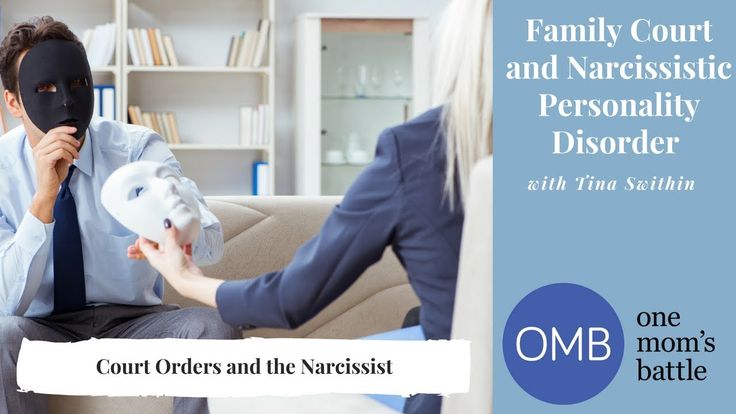 Media and social networks broadcast often unattainable ideals, and self-improvement services are imposed by advertising. All this can affect the psyche.
Media and social networks broadcast often unattainable ideals, and self-improvement services are imposed by advertising. All this can affect the psyche.
In "normal narcissism" people try to please others, to achieve success in work, which helps them to adapt in society. However, in the case of pathology, a person's ideas about themselves are distorted. In this case, the emphasis is on the grandiosity of his figure. He experiences difficulties in forming adequate ideas about other people, abuses manipulations, grossly violates the boundaries of the interlocutor and ignores his comfort. Narcissistic features can manifest themselves in pathological perfectionism, hypochondria, constant attempts to correct their "flaws", including, for example, transforming one's appearance as the most noticeable attribute of self-presentation for others.
On the surface, narcissists give the impression of being rather pleasant people. According to research, many socially active narcissists have charisma, know how to hold an audience, are not afraid to express themselves, appear self-confident, and have high claims regarding academic and professional achievements. These qualities often show up in job interviews and help narcissists get into leadership positions. However, such bosses may use too subjective criteria when evaluating employees, focusing not on their professional achievements, but on the degree of admiration, devotion, and the absence of doubts about the correctness of the leader's decisions.
These qualities often show up in job interviews and help narcissists get into leadership positions. However, such bosses may use too subjective criteria when evaluating employees, focusing not on their professional achievements, but on the degree of admiration, devotion, and the absence of doubts about the correctness of the leader's decisions.
Close relationships are difficult for narcissists. In partners and friends, they are primarily looking for confirmation of their exclusivity, superiority (which reinforces vulnerable self-esteem). Often, such people confuse the attachment that accompanies healthy partnerships and collaborations with the addiction that can shackle and inspire fear. The demands of constant adoration and recognition of their grandiosity, which the narcissist often implements in the form of excessive control over the thoughts and feelings of a partner, in most cases, sooner or later are not fully satisfied, which leads to conflicts and increased manipulative behavior.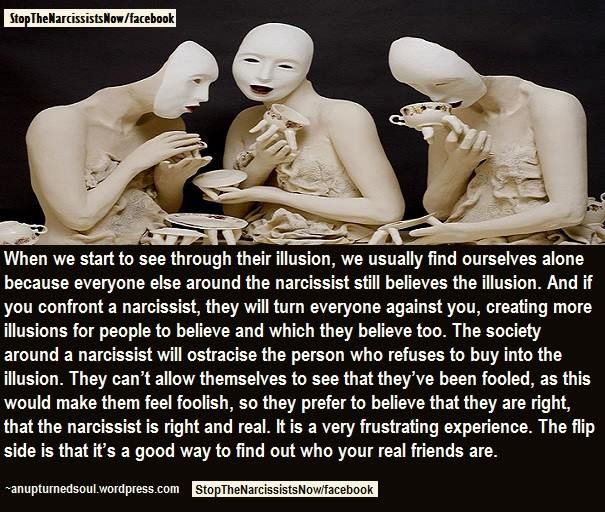
If you have found any manifestations of narcissistic traits in yourself and want to change them, then it will be useful for you to develop the skills of self-reflection, mentalization (understanding mental states), work on the development of emotional intelligence, empathy (for example, discuss with friends the films you have watched, read books in terms of understanding the inner world of the characters, their motivation, etc.). It is very important to learn to analyze what is happening from different positions, without sliding into extreme points, such as, for example, idealization and depreciation - look for alternative explanations. Try to look at situations or actions from different angles, noting the possible positive aspects of seemingly negative events, including during conversations with loved ones.
If your loved one has narcissistic traits, you need to learn how to track the emotional states of both you and your interlocutor. It is necessary to soberly analyze situations of interpersonal communication.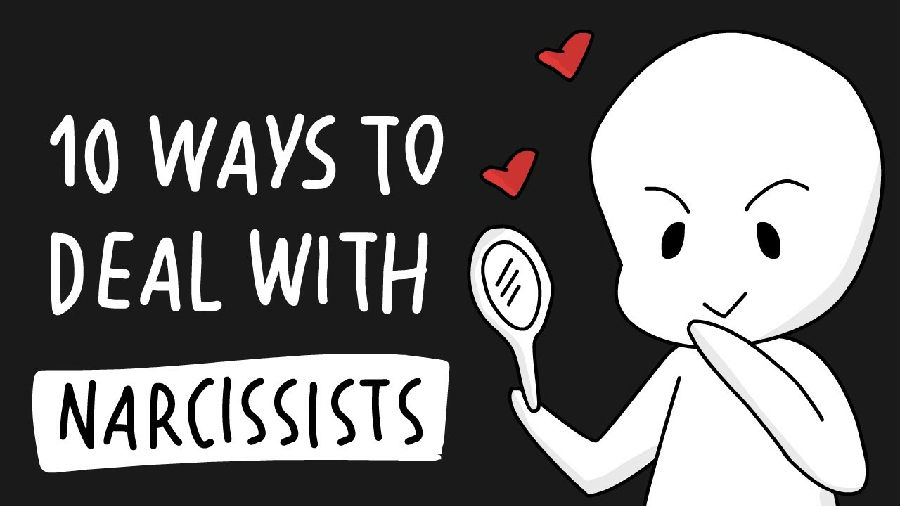 For example, learning to recognize imposed guilt requires being able to maintain your boundaries and autonomy of choice. Psychotherapeutic help will be useful in both cases.
For example, learning to recognize imposed guilt requires being able to maintain your boundaries and autonomy of choice. Psychotherapeutic help will be useful in both cases.
Tags: psychology
10 ways to deal with toxic family members
Some native people are destructive, complex and dominating . It is especially difficult if one of the parents turns out to be a problem family member. How to deal with it? As a child, I had a harmful relative.
I know he loved me, but he lacked some vital skills.
Sometimes it was fun and joyful with him, but there were times that I don't want to remember. I often faced harsh criticism, abuse, rejection caused by his high expectations.
The driving forces behind my behavior were shame and guilt. I often could not predict what would irritate this member of my family. I endured explosive and sometimes violent outbursts of rage.
I endured explosive and sometimes violent outbursts of rage.
Much of my childhood was confused, sad and terrifying. It affects me to this day. Unfortunately, as a child, I did not know how inadequate many of his actions were.
I also didn't know how to deal with such treatment. Now that I'm older, we've managed to reconnect.
To do this, we had to leave. And each of us had to change our behavior.
We don't always get along, and sometimes hurtful remarks do slip through. But now I am able to maintain a relatively pleasant and comfortable relationship with this relative.
It is believed that the family should initially be loving and safe, but this is not always the case. Some native people are destructive, complex, and prone to dominance. It is especially difficult if one of the parents turns out to be a problem family member.
In any close relationship there are disagreements and difficulties.
We all have relatives with whom we are in conflict over music, life decisions or politics. Usually we spend the necessary effort working on the problem, or we just smile politely and ignore it.
Usually we spend the necessary effort working on the problem, or we just smile politely and ignore it.
However, relationships are called toxic in which one person emotionally or physically ruins the life of another on an ongoing basis.
Such behavior is not acceptable, even if such a person is part of your family.
Your priority should be your health and emotional balance. If someone puts them at risk, you need to correct the situation.
How do you know if someone is causing harm?
Here are some examples of the behavior of a troubled family member:
- Constantly inserts offensive comments.
- Does not support you if it is not beneficial for him.
- Has an unpredictable, complex character.
- Uses your time, skill or money.
- Emotionally manipulates you to control your behavior.
- Refuses to take responsibility for his actions.
- Makes decisions for you.
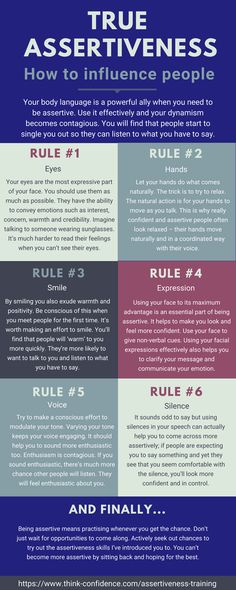
- Demonstrates a lack of empathy for others.
- Blames you and everyone else for his problems.
- Uses violence or aggression to get what he wants.
Understandably, this behavior creates an unhealthy environment and can have a negative impact on your health and well-being. For example, it might call:
- anxiety;
- depression;
- fear of being near this relative;
- shame or guilt;
- low self-esteem or self-doubt;
- difficulties with the formation of emotional intimacy with other people;
- inability to trust one's instinct or intuition;
- alienation from others;
- aggression as a form of defense;
- sleep problems.
No one is able to control someone else's behavior. You cannot force another person to change their actions.
The only thing we can control when we are in a toxic relationship with our loved ones is our own reaction. You decide how to take care of yourself.
You decide how to take care of yourself.
Here are 10 ways to deal with harmful family members
1. Set boundaries
Decide which attitude is acceptable to you and which is not.
Everyone deserves respect, including you. You deserve to be happy, healthy, loved and safe.
Determine what your needs are and how others should treat you to meet them. Then, by implementing point #2, you will ensure the implementation of your solution.
2. Know how to stand up for yourself
When unfriendly family members cross the boundaries you set, you must stand up for yourself.
Yes, it can be intimidating and challenging. But it is important that you be direct and honest with them about your needs and expectations.
You can take responsibility for your own life and the way others treat you by letting them know that they are doing something unacceptable.
3.
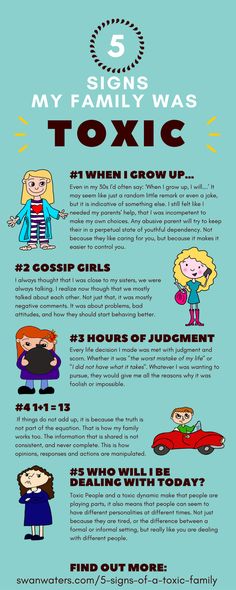 Stop looking for excuses
Stop looking for excuses Don't make excuses for other people's unacceptable behavior.
Yes, they may try to blame you or someone else. But the truth is that only they themselves are responsible for their decisions and actions.
By justifying someone's behavior, you support them and allow them to continue in the same spirit. If your expectations are reasonable and you have been honest with your relative, then he is obligated to act in accordance with them.
4. Don't be afraid of your emotions
Dealing with a toxic family member will bring you unpleasant feelings and emotions.
Feeling angry, sad, afraid, confused is normal. Do not try to get rid of these emotions, but give yourself the opportunity to feel and experience them.
So your body and mind can process them, and not drive them inside. In addition, it will prevent the formation of an unhealthy mechanism of psychological adaptation.
5. Don't take everything personally
This is difficult, but try not to take the words or actions of a harmful relative personally. He has his own health problems, and they are the source of his behavior.
This is his reflection, not yours. Believe in yourself and your own worth, regardless of other people's opinions and comments.
6. Limit the time you spend together
If a toxic family member makes you feel bad about yourself, you need to limit your time with them. This is not easy when it comes to a parent, brother or sister with whom you live together.
Even so, you can stay in your room, go out with friends, or walk down the street. If you live apart, just reduce the number of meetings or the duration of your visits.
7. Seek help
Interacting with a harmful relative is a psychologically difficult and emotionally exhausting activity.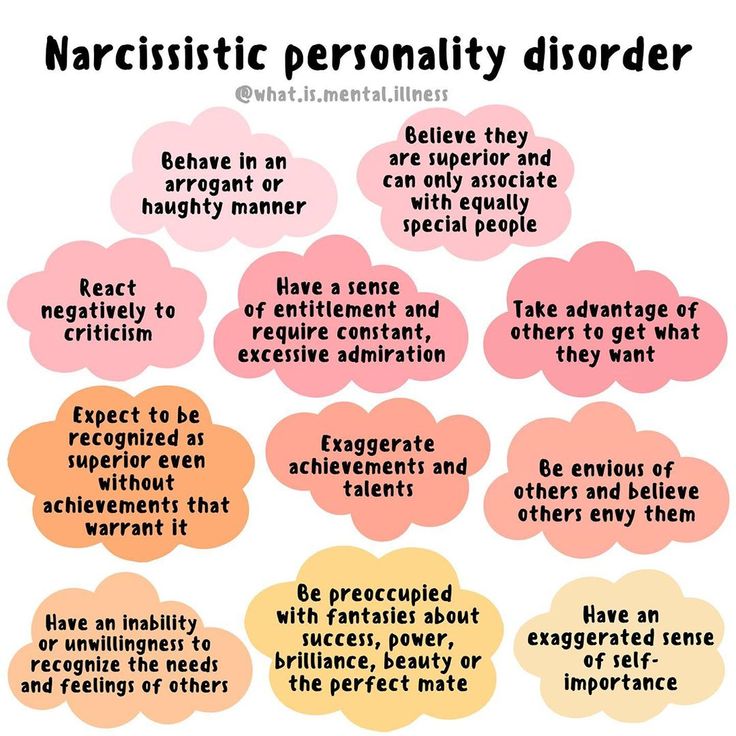 Therefore, you need to gain strong support from outside.
Therefore, you need to gain strong support from outside.
Share your problems with loved ones, trusted friends or family. Read books about dealing with unwanted family members to hear other people's stories. This way you will get additional information and find new strategies.
You may be able to find a support group. For example, there are organizations that help those who suffer from alcoholism relatives.
You may want to get professional help from a psychologist to work through a toxic relationship and its consequences.
8. Help yourself
Self-care is vital to maintaining mental health. And it becomes especially important in difficult situations.
Set aside time to meditate, journal, take a hot bath, or do something else that brings you joy. Daily affirmations will also help.
Treat yourself kindly, cheer yourself up. Focus on the good by listing the things you are grateful for every day.
Remember: your value is not diminished if someone is unable to see it.
9. Be Responsive
Despite the difficulty of the task, showing compassion to a harmful relative can be beneficial.
However, this does not mean that you should excuse his behavior. It's just about recognizing that he's not a bad person in the first place. We are all imperfect.
He ended up in his current position due to difficult life circumstances or lack of skills. Each of us has our own trouble that we are trying to cope with, and we all make mistakes sometimes. This is part of human nature.
10. Break up with him
If the strategies above have not helped improve the situation, you will have to decide if you want to see this troubled family member at all.
Ask yourself if this relationship brings you more pain than joy. If the answer is yes, you will probably want to remove this person from your life until they start treating you with respect.
This may take a couple of weeks or longer.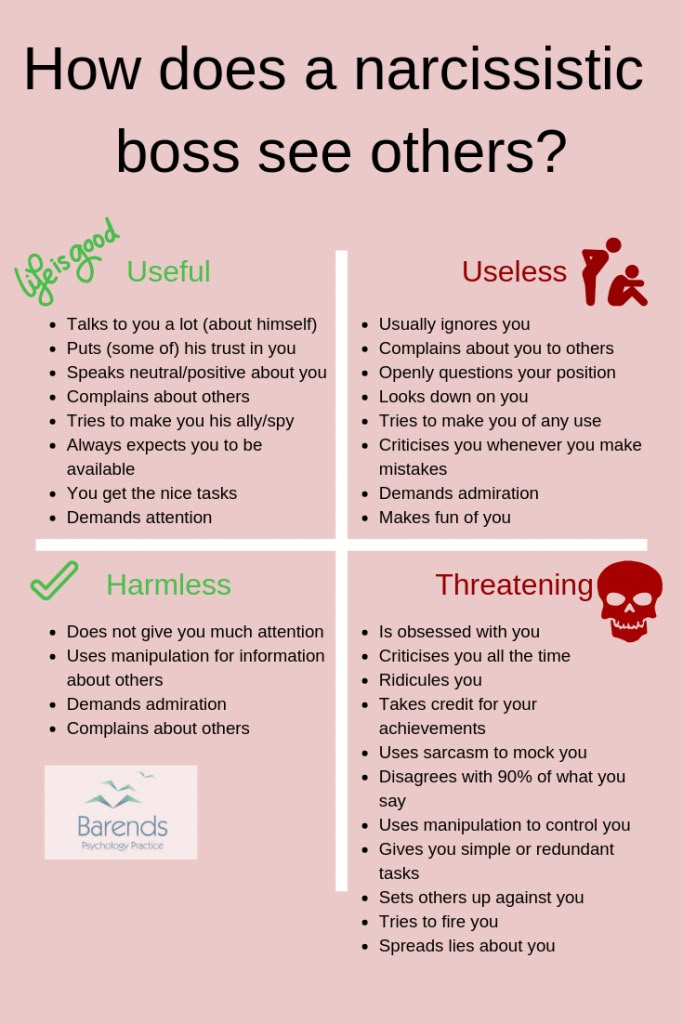 If nothing changes, the gap will become eternal.
If nothing changes, the gap will become eternal.
Relationships are built on respect, trust and honesty, and everyone deserves them. The presence of family ties does not mean that you owe something to a person, or that he can treat you as he wishes. This is especially true if the relationship is detrimental to your health and well-being.
Use the strategies listed to improve your self-esteem and maintain your happiness and health. People can change, which means that together you can restore relationships.
Not easy and time consuming, but still possible. Note, however, that the key word is "together". The desire to work on the situation should be mutual.
Unfortunately, in many cases it is wiser to end a relationship. Having done your best to normalize the situation, you will have to decide what outcome is best for you and how you feel.
P.S. We recommend another useful article on the topic of working on yourself - How to learn to control yourself and start living the life you dream of.